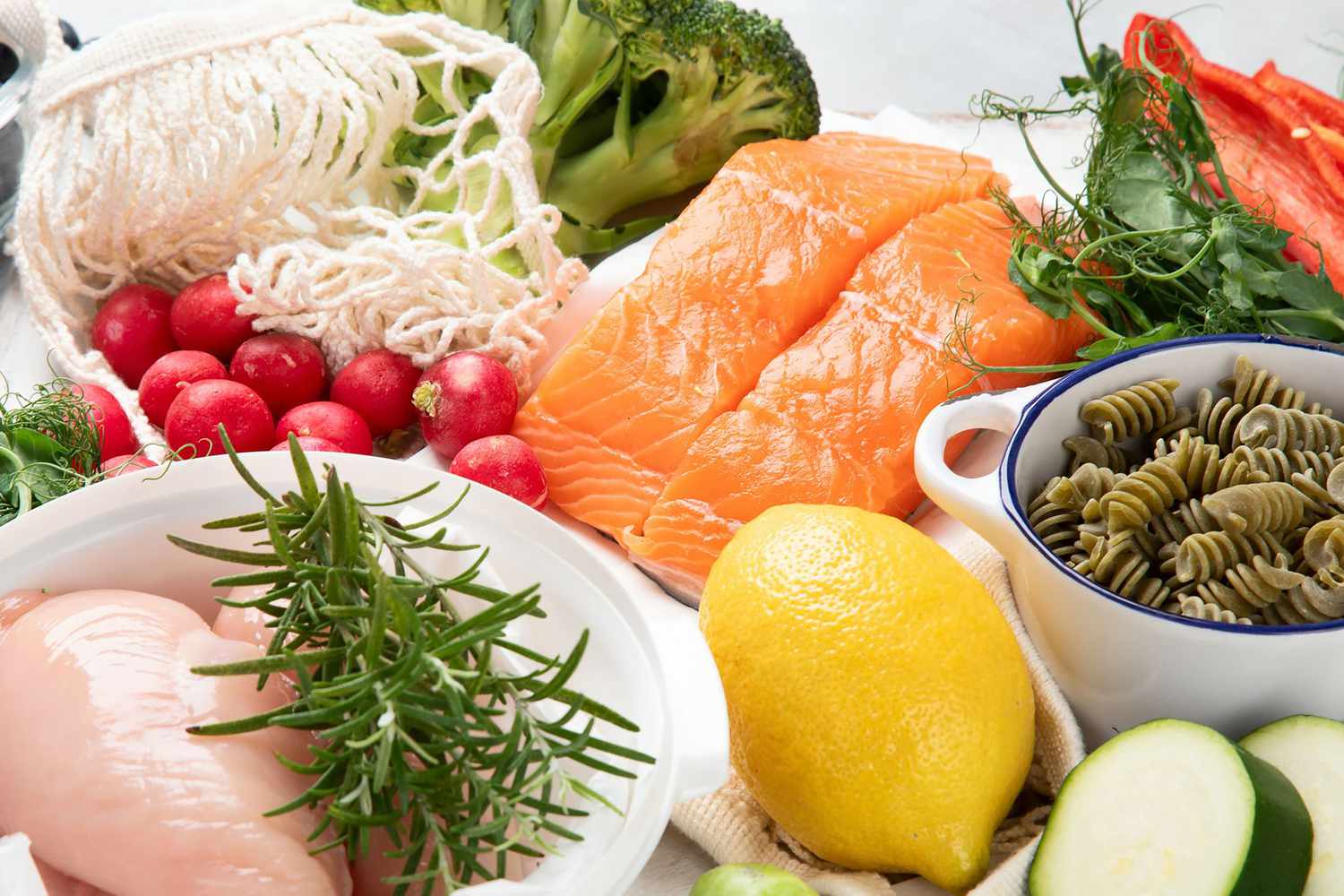Staying Healthy
Comprehensive Anti-Inflammatory Diet Guide: Foods to Eat and Avoid for Better Health

RateQuote Direct,

Inflammation is a natural process in the body that helps fight off infections and promotes healing. However, chronic inflammation can lead to various health issues such as heart disease, diabetes, and arthritis. One effective way to combat chronic inflammation is through adopting an anti-inflammatory diet. This comprehensive guide will help you understand what an anti-inflammatory diet is, which foods to eat and avoid, and how it can benefit your overall health and well-being.
What is an Anti-Inflammatory Diet?
- An anti-inflammatory diet focuses on consuming whole, nutrient-dense foods that help reduce inflammation in the body.
- It includes foods that are rich in antioxidants, omega-3 fatty acids, and other anti-inflammatory compounds.
- Avoiding processed foods, refined sugars, and unhealthy fats is key to following an anti-inflammatory diet.
Foods to Eat for an Anti-Inflammatory Diet:
- Fruits and Vegetables: Berries, cherries, leafy greens, and colorful vegetables are packed with antioxidants that help reduce inflammation.
- Fatty Fish: Salmon, mackerel, and sardines are high in omega-3 fatty acids, which have anti-inflammatory properties.
- Nuts and Seeds: Almonds, walnuts, chia seeds, and flaxseeds are rich in healthy fats and antioxidants.
- Whole Grains: Quinoa, brown rice, and oatmeal provide fiber and nutrients that can help lower inflammation.
- Healthy Fats: Olive oil, avocado, and coconut oil contain monounsaturated fats that have anti-inflammatory effects.
- Herbs and Spices: Turmeric, ginger, garlic, and cinnamon have natural anti-inflammatory properties.
Foods to Avoid for an Anti-Inflammatory Diet:
- Processed Foods: Foods high in refined sugars, trans fats, and artificial ingredients can promote inflammation in the body.
- Refined Carbohydrates: White bread, pasta, and baked goods can cause spikes in blood sugar and contribute to inflammation.
- Red Meat: High consumption of red meat has been linked to increased inflammation and certain chronic diseases.
- Sugary Beverages: Soft drinks, sweetened teas, and energy drinks are loaded with sugar and can trigger inflammation.
- Processed Meats: Bacon, sausage, and deli meats often contain preservatives and additives that promote inflammation.
- Hydrogenated Oils: Margarine, shortening, and other hydrogenated oils are pro-inflammatory and best avoided.
Benefits of an Anti-Inflammatory Diet:
- Reduces the risk of chronic diseases such as heart disease, diabetes, and cancer.
- Helps manage inflammatory conditions like arthritis, asthma, and inflammatory bowel disease.
- Promotes overall health by providing essential nutrients and antioxidants.
- Supports weight management and a healthy immune system.
- May improve mood and mental well-being due to the gut-brain connection.
By following an anti-inflammatory diet and making sustainable lifestyle changes, you can significantly improve your health and well-being. Remember to consult with a healthcare provider or a nutritionist before making any drastic changes to your diet, especially if you have specific health concerns or conditions.





